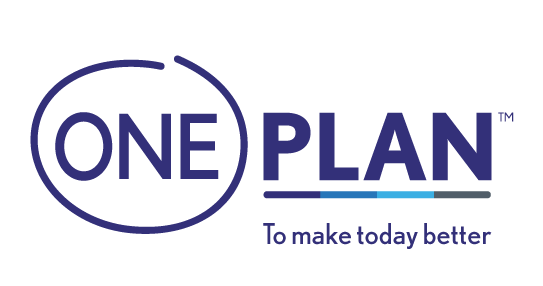In this blog, we are digging into one of the latest trends in eating, the ketogenic diet. We explore what it is, how it leads to weight loss (get ready for some science), what foods are included in this method of eating, and if it’s the healthy and right choice for you
What is the ketogenic diet?
This method of low-carb and high-fat eating has quickly grown in popularity as many people who follow this diet note its effective weight loss results. However, experts have started to look deeper into the long-term health effects of this diet. Many dieticians have said that if you are prepared to fully commit to the ketogenic diet, then you too might witness the weight loss effects of the diet, but be warned, it’s not for everyone.
Another interesting read: Health Facts About Summer Fruits
What kind of food can I eat on the keto diet?
This diet calls for eating high amounts of fats such as avocados and nuts, moderate amounts of protein and a very small amount of carbs. Here are some foods to include in your keto-friendly grocery list:
- Oils
- Cheese
- Butter
- Heavy cream
- Nuts
- Leafy greens
- Meats
- Eggs
- Fish
- Non-starchy veggies like cucumber, broccoli, bell peppers, cauliflower and asparagus
How does this method of eating lead to weight loss?
When you stick to a ketogenic diet, then you are likely to eat less than 50 grams of carbs a day, which is significantly less than the recommended 130 grams. However, your fat intake is nearly triple the recommended amount.
Discover: Going Gluten-Free? What to Know About Celiac Disease
Most of the time, your body will use both carbohydrates and fat for energy. But when you are consuming fewer carbs, then your body will start to burn more fat to function. This means your body is in a metabolic state known as ketosis.
When this happens, your body burns the fat and creates substances known as ketones to be used as fuel. The keto diet has also been known to lower insulin and blood sugar levels, combining this with your body’s ketosis state can have a number of health effects.
The downsides of the keto diet
If you decide to follow the ketogenic diet, then you might start to feel some of the negative side effects during the first week of this new eating plan. Some doctors think these side effects are a result of carbohydrate and sugar withdrawals. It could also be the changes to your gut bacteria or perhaps an immune system (your body’s natural system of defence) reaction.
- Headaches
- Fatigue
- Irritability
- Brain fog
- Trouble sleeping
- Stomach aches
- Nausea
- Sugar cravings
- Sore muscles
- Cramps
- Bad breath
- Constipation
Some people have referred to the above symptoms as the keto flu.
Related: What causes brain fog? 5 Foods to avoid
As mentioned, the long-term health effects of the keto diet are yet to be properly investigated.
The benefits of the keto diet
The negative side effects are only temporary and tend to pass within a week or so. After the side effects of the first few days of the diet have passed, many people following this diet have noted that their energy levels have skyrocketed, they don’t get as hungry for snacks (healthy and unhealthy options), they quickly begin to notice the effects of weight loss, and their overall mental and physical functioning seem to significantly improve.
The ketogenic diet is not for everyone
For most people, the ketogenic diet is just not sustainable. It can trigger negative feelings around food which can trigger disordered eating, and emotional stress in social settings (always trying to find things you can eat on the menu).
Read this: No more food fights: 10 tips on fun & healthy food for kids
However, the diet has shown to be incredibly successful for those who are willing to stick to this method of eating and not stray from their diet. If you are overweight or want to improve your health, then it might be the right choice for you.
However, if you are pregnant, suffer from an eating or mental disorder, or have a chronic illness (especially if cardiac-related), then it’s advised that you speak with your doctor or a qualified dietitian before you start any diet.
Your Health Insurance Family,
Oneplan




